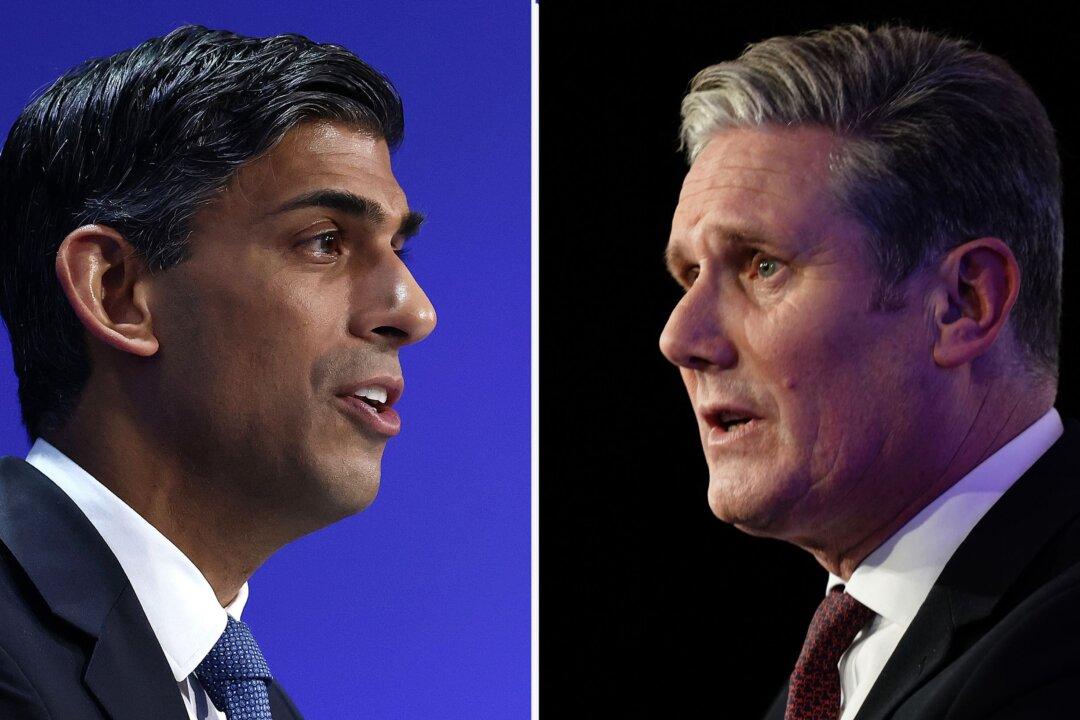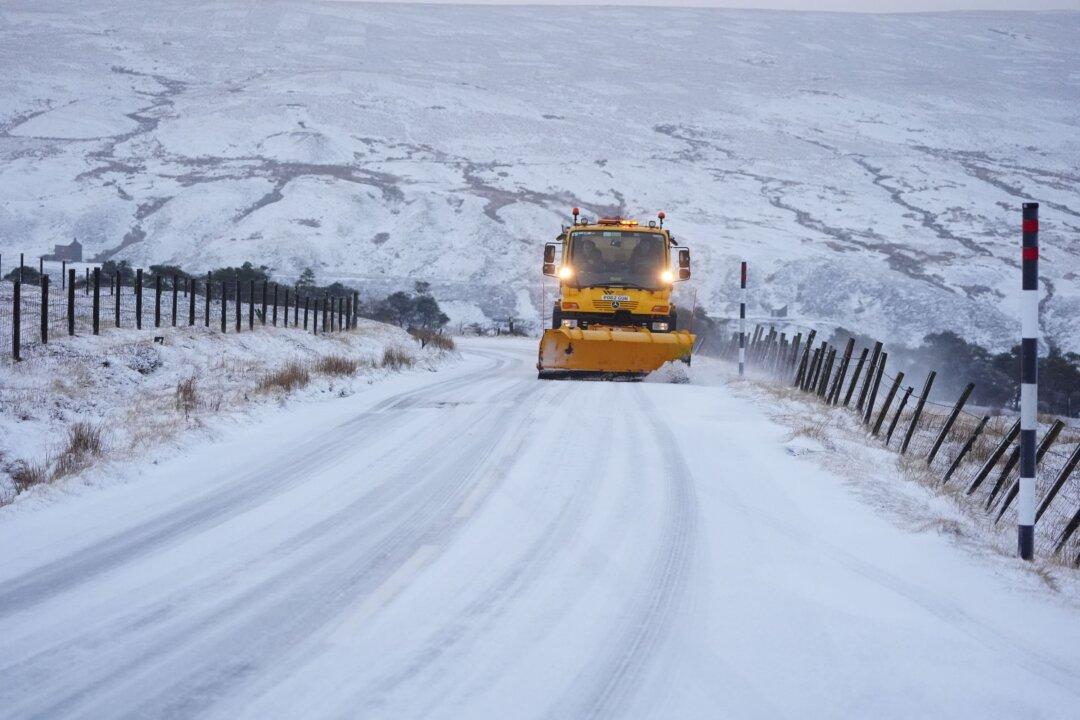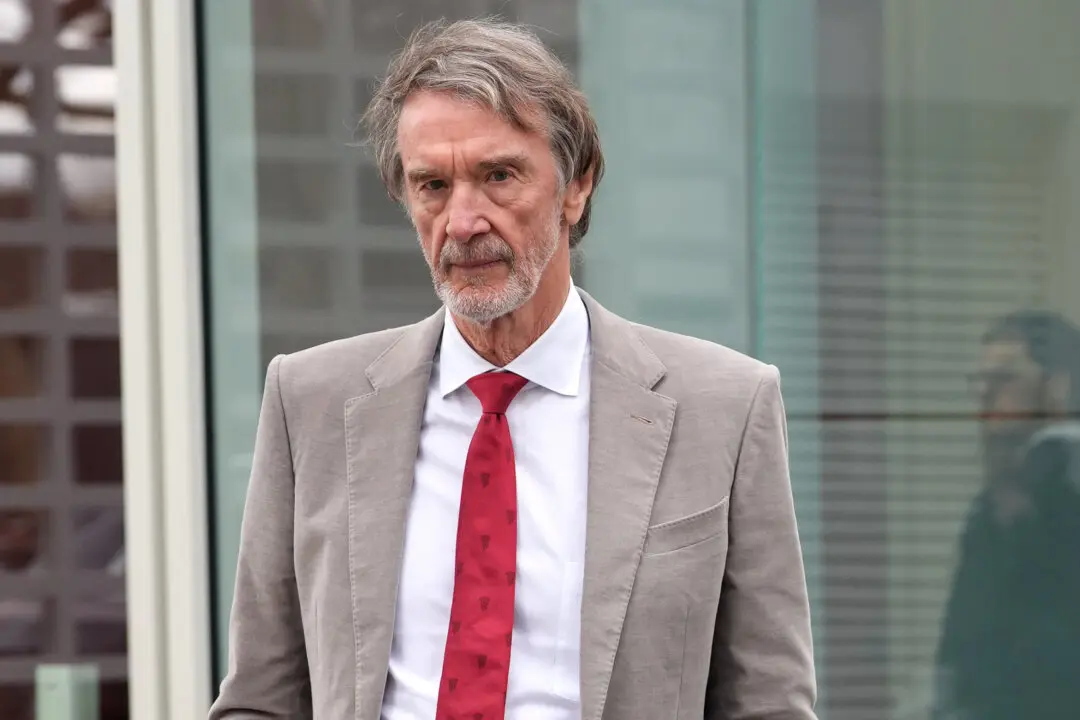Sir Keir Starmer declined to answer questions about Diane Abbott, while Rishi Sunak denied claims he is buying votes with a promise of cash for towns as campaigning entered its second weekend.
Both leaders on Saturday unveiled their parties’ battle buses, which will travel across the country before polling day on July 4.




